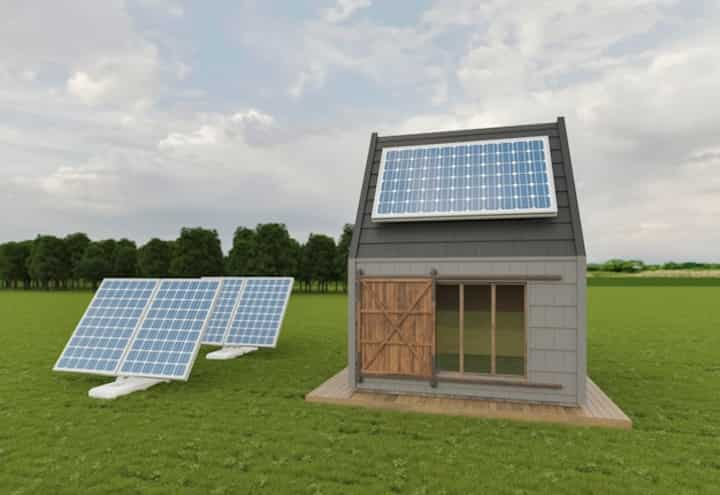
Maximize Your Energy Savings with Top Residential Solar Panel Installation
As global awareness about sustainable energy solutions grows, more homeowners are turning to residential solar panel installations to cut down on their energy bills and reduce their carbon footprint. This trend is not only beneficial for the environment but also offers significant financial savings. Understanding the process of installing solar panels and how to optimize their efficiency is crucial for maximizing energy savings. This article provides comprehensive insights into residential solar panel installations and offers guidance on how to make the most of this renewable energy source.
Understanding Solar Panel Installations
The Basics of Solar Energy
Solar panels capture sunlight and convert it into electricity using photovoltaic cells. This clean energy can power homes, reducing dependence on conventional electricity sources. The efficiency of a solar panel system can vary based on several factors, including location, weather conditions, and the type of panels used.
Components of a Solar Panel System
- Solar Panels: The primary component that captures sunlight.
- Inverter: Converts the direct current (DC) produced by the panels into alternating current (AC) used by home appliances.
- Mounting System: Secures the panels to the roof or ground.
- Battery Storage: Optional storage for excess energy generated.
- Monitoring System: Tracks energy production and consumption.
For a deeper understanding, learn more in this detailed guide.
Benefits of Residential Solar Panels
Cost Savings
One of the primary benefits of solar panels is the potential for significant cost savings. By generating your own electricity, you can reduce or even eliminate your electricity bills. Additionally, many regions offer tax incentives or rebates for solar installations, further enhancing financial savings. Read more about this topic to explore potential savings.
Environmental Impact
Solar energy is a clean, renewable resource that reduces greenhouse gas emissions. By installing solar panels, homeowners can contribute to a reduction in carbon footprint, promoting a more sustainable future. Explore further insights here to understand the environmental benefits.
Maximizing Energy Efficiency
Optimal Placement and Orientation
The placement and orientation of solar panels play a critical role in their efficiency. Panels should be installed where they receive maximum sunlight, typically on a south-facing roof in the northern hemisphere. The angle of installation should also be adjusted based on geographic location to maximize sunlight capture.
Regular Maintenance
Regular maintenance ensures that the solar panels perform at their best. This includes cleaning the panels to remove dust or debris and checking for any damages or obstructions. Scheduled inspections by professionals can help maintain optimal performance. Find additional information here on maintenance practices.
Choosing the Right Solar Installation
Evaluating Your Energy Needs
Before installing solar panels, it's important to evaluate your household's energy needs. This involves analyzing past energy bills to determine average consumption and understanding peak energy usage times. This evaluation helps in selecting a solar system size that meets the household's needs effectively.
Selecting Quality Equipment
The quality of solar panels and related equipment can significantly affect the system's performance and longevity. Opt for high-efficiency panels and reliable inverters from reputable manufacturers to ensure that the system operates efficiently over its lifespan. Learn more in this detailed guide on selecting quality equipment.
In conclusion, residential solar panel installations offer an excellent opportunity for energy savings and environmental stewardship. By understanding the components, benefits, and best practices, homeowners can maximize the efficiency and savings of their solar energy systems. For those interested in adopting this sustainable energy solution, explore further insights here to make informed decisions.